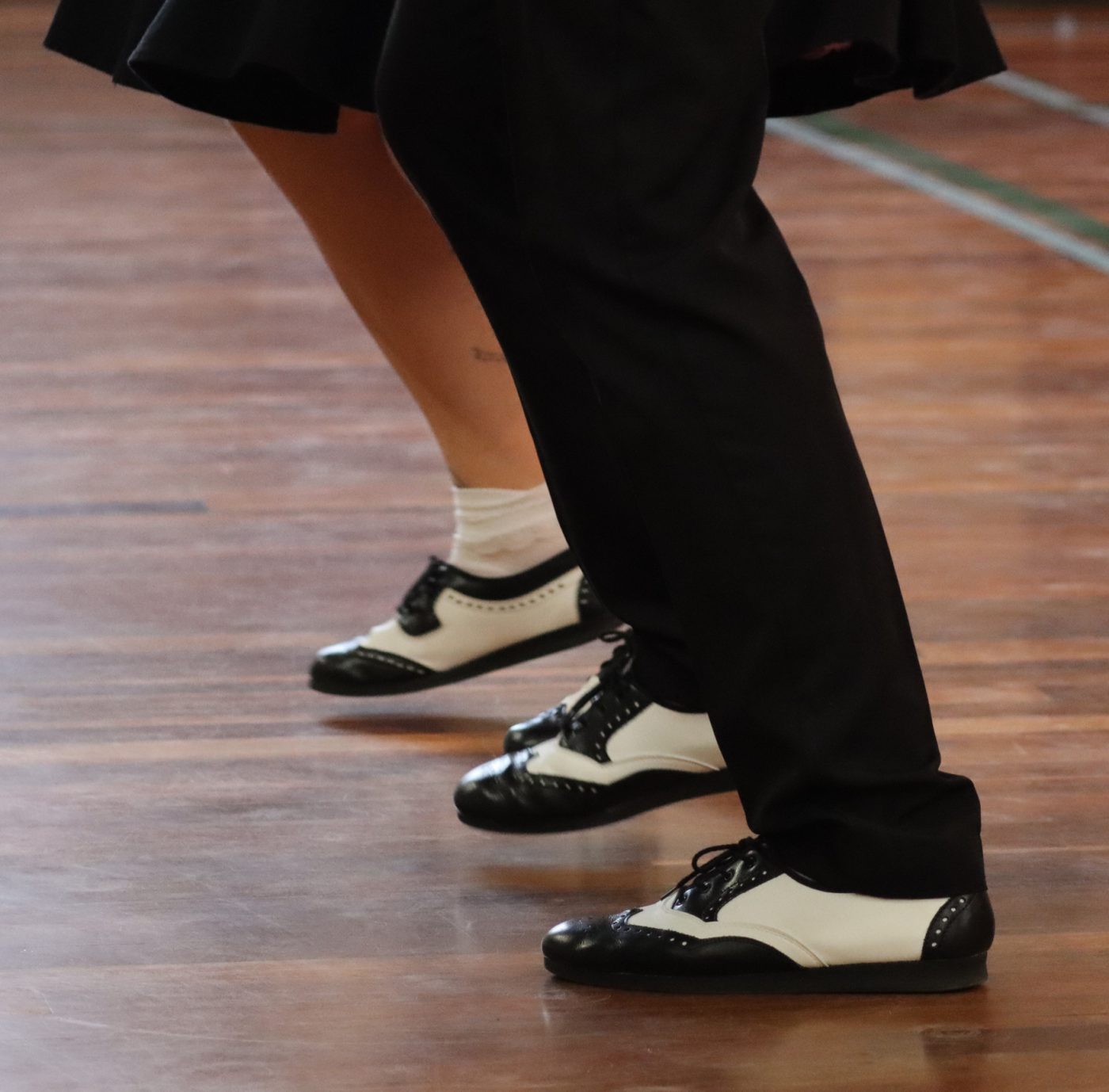Dr Emer MacSweeney, CEO, Founder and Consultant Neuroradiologist at Re:Cognition Health was featured in the Times newspaper giving her insight on various strategies for building a “cognitive reserve”.
Recent research from the Karolinska Institute in Sweden indicates that cognitive reserve is bolstered by factors like education, occupational complexity, physical and leisure activities and social health. This can help to reduce the risk of cognitive decline, even in those showing early signs of Alzheimer’s disease However, high stress levels can negate these benefits as stress hinders participation in these beneficial activities.
One recommended activity is dancing, which combines physical exercise with cognitive demands like memory and coordination, enhancing brain function. Dr MacSweeney highlights that complex dance routines engage multiple brain regions, providing significant cognitive benefits. Listening to music while dancing further aids cognitive health by stimulating various brain networks.
Other suggested activities include playing chess, which improves problem-solving and memory, and listening to challenging podcasts, which engage higher-level cognitive skills. Social activities, like quiz nights, boost cognitive health through social interaction and mental engagement, while stimulating careers that require analytical thinking or complex interpersonal interactions also enhance cognitive reserve.
Additionally, gardening, particularly weeding, is beneficial for reducing stress and engaging the brain’s default mode network, which is linked to improved memory and creativity. Mindfulness practices, even during routine activities like brushing teeth, help mitigate cognitive decline by enhancing memory, attention, and stress resilience.
Read the full article: https://www.thetimes.com/life-style/health-fitness/article/improve-memory-health-advice-brain-alzheimers-98xcs8dg3
 Visit our USA website
Visit our USA website





